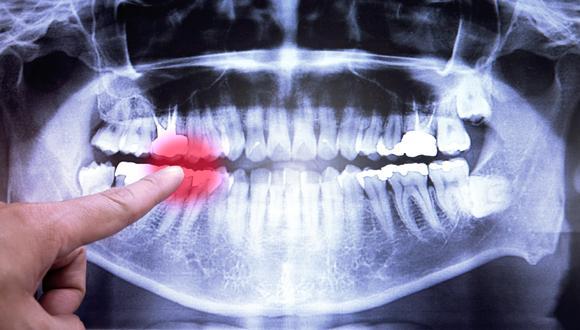Social anxiety may increase risk of dental problems
TAU research finds a link between social anxiety and an increased risk of bruxism, tooth erosion, and jaw pain
A new study by Tel Aviv University researchers, published recently in the Journal of Oral Rehabilitation, finds that anxiety experienced in social circumstances elevates the risk of bruxism — teeth grinding which causes tooth wear and fractures as well as jaw pain. According to the research, led by Dr. Ephraim Winocur of the Department of Oral Rehabilitation at TAU's School of Dental Medicine and conducted by TAU doctoral student Roi Skopski in collaboration with researchers at Geha Mental Health Center in Petah Tikva, Israel, interaction with people is likely to trigger bruxism in the socially anxious.
"This is not a dental problem, but one with clear dental consequences," said Dr. Winocur. "If we are aware, then we can bring it into consciousness. Psychiatrists can identify patients predisposed to bruxism and can try to help prevent it, and dental experts will immediately know what to treat."
The researchers assessed 75 men and women in their early 30s using questionnaires. One group of 40 people had social phobia, characterized by excessive fear in social situations. Just under half of the group members were on antidepressant drugs — selective serotonin reuptake inhibitors (SSRIs). A control group of 35 did not have social phobia. All the subjects underwent psychiatric and dental exams. Bruxism symptoms and oral habits, such as gum chewing, nail biting, and small jaw movements with no tooth contact ("jaw play"), were all assessed.
Although antidepressant drugs have previously been linked to bruxism, this study found no association. However, moderate-to-severe dental wear was found in 42.1% of the social phobia subjects and 28.6% of controls. The rate of jaw play was 32.5% in the phobia group and 12.1% in controls. Symptoms of awake bruxism were reported by 42.5% of social phobia patients and by 3% of controls.
"Interaction with people seems to be necessary to trigger bruxism in socially anxious people," said Dr. Winocur. "By treating social anxiety, we will be able to treat bruxism as well." Dr. Winocur is currently researching the effect of post-traumatic stress disorders on sleep and awake bruxism.





